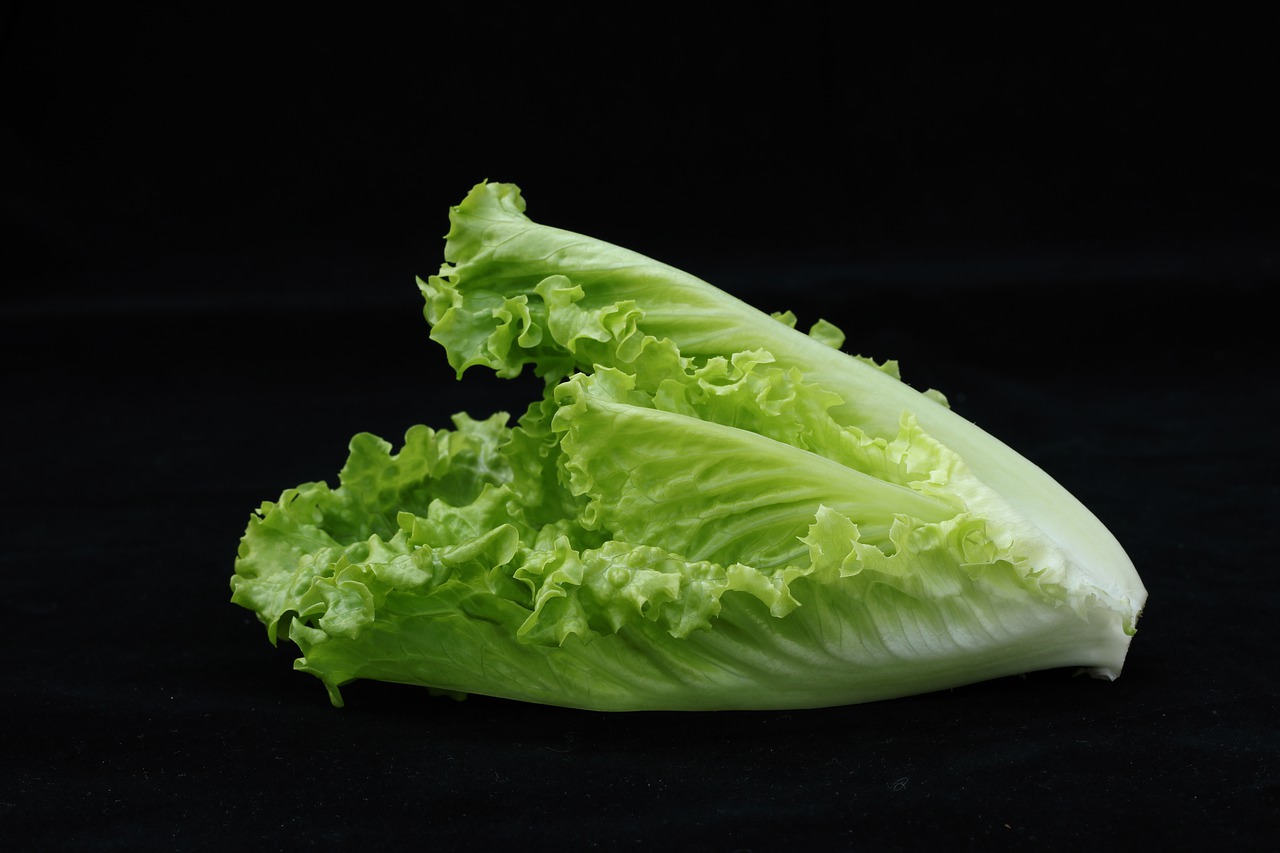
(NAFB.com) – USDA Agricultural Research Service scientists are researching an underlying pattern of seasonal E. coli outbreaks linked to bagged romaine lettuce.
Although contamination of lettuce products is rare, between 1998 and 2019, 36 outbreaks that traced back to lettuce were recorded by the Centers for Disease Control and Prevention. Most of the outbreaks involved romaine lettuce harvested in the fall on the California Central Coast and late winter in Southern California and Arizona.
One of the most significant findings of the study is that E. coli survived on average 5.6 times better in cold-stored packaged romaine harvested in the fall than on the same varieties harvested in late spring. The research also found the bacterial community present on bagged romaine differed by season, lettuce deterioration state, and whether survival of E. coli on the lettuce was high or low.
An ARS Researcher says, “Our observations definitely open an entire new branch of inquiry about outbreak seasonality.”
